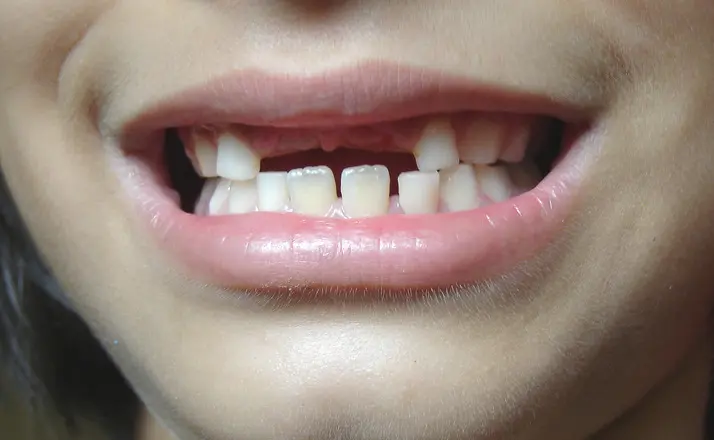A strong body includes healthy teeth and gums. Just as we teach our kids how to take care of their bodies by staying active, washing hands, and eating right, we can also help children develop strong dental health habits. It’s never too young to start. Even young toddlers can start developing healthy behaviors. When you help kids develop these habits in childhood, you increase the chance that they will continue a lifelong commitment to good oral health.

(Freeimages / Zeeshan Quresi)
Consider the following practices for getting your kids off to a great start in caring for their teeth and gums:
- Train them to brush and floss – Brushing and flossing are intended to remove dental plaque (a thin film of bacteria) and food debris from the surface of the teeth. Plaque is the leading cause of tooth decay and gum disease. You can start combatting plaque by brushing and flossing for your child as soon as their first tooth emerges. Gradually, the children can be trained to take over the tasks themselves. You can tune your children into how their teeth feel when they are clean: squeaky and smooth.
- Don’t share bacteria – Young children do not have much decay-producing bacteria in their mouth. Bacteria come from outside sources, including parents, and are transferred to kids through physical contact. To prevent the exchange of bacteria, avoid kissing your kids on the lips. Do not share eating utensils with them. Never lick a child’s pacifier and put it back in their mouth.
- Eat healthy – Having healthy teeth with strong enamel is the first step in the prevention of tooth decay. Eat nutritious food for stronger teeth. Avoid consuming sugar, as it tends to feed the bacteria in the mouth.
- Wean children from pacifiers and thumb sucking – These practices can pose problems for a child’s bite development. Encourage kids to break these habits before they turn 3 years old.
Above all, be a good example of good dental hygiene for your kids. Actions speak louder than words. When they see you brushing, flossing, and having regular dental exams, they can learn to mimic these practices in their own life.
